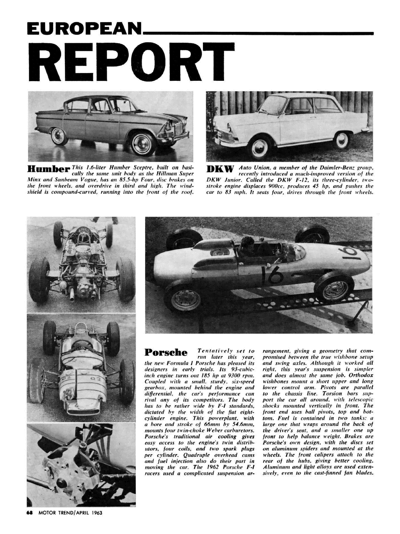
DKW, a historic German automobile manufacturer, played a significant role in automotive innovation during the early-to-mid 20th century. Founded in 1916 by Danish engineer Jørgen Skafte Rasmussen, DKW became known for its pioneering two-stroke engine technology, which offered a balance of efficiency and performance. DKW cars were popular for their affordability, reliability, and practicality, making them accessible to a wide range of consumers. The brand’s distinctive logo, depicting three interlocking rings, would later become part of the iconic Audi emblem, as DKW eventually merged with Audi, Horch, and Wanderer to form Auto Union in 1932. DKW’s legacy endures in the automotive world, with its innovative engineering and contributions to the development of compact cars leaving a lasting impact on the industry.
Currently Uploaded Documents
The Automotive History Preservation Society Digital Documents Library provides these materials for educational, or research, or personal use. You should not republish these materials for financial gain without informing the original author or publisher
| Image | Title | Year | Model | Document Type | hf:tax:related-year | hf:tax:related-model | hf:tax:doc_type | |
|---|---|---|---|---|---|---|---|---|
| SCI July 1956 – Buyers’ Guide to the Light Cars | 1956 | Metropolitan | Comparison Article | View | 1956 | metropolitan amc | comparison-article | |
 | MT April 1963 – European Report | 1963 | Article | View | 1963 | article |
